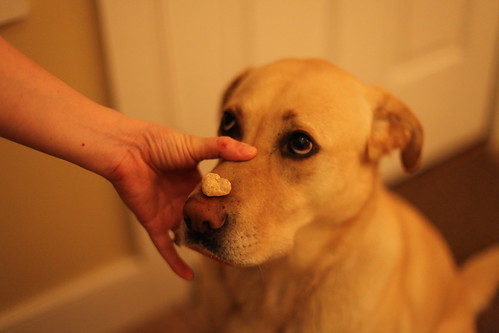Does self-control increase or decrease relationship quality?
at combination of partners' trait self-control levels produces the best relationship outcomes? The authors tested three hypotheses—complementarity (large difference in trait self-control scores), similarity (small difference in self-control scores), and totality (large sum of self-control scores)—in three diverse samples: friends, dating partners, and married couples living in the United States and the Netherlands who were tracked cross-sectionally and longitudinally. Results consistently favored the totality model: the more total self-control, the better the relationship fared. Multiple benefits were found for having…
1 min read
Do flowers really increase romantic feelings?
r millennia flowers have been used to convey romance, yet their effect on human romantic behavior has not been explicitly tested. In two experiments we show that women's perception of male attractiveness and their potential mating behavior are positively affected by simple exposure to flowers. In Study 1 women who were exposed to flowers while they watched a video of a man perceived the man to be more attractive and sexier. They also reported being more inclined to accept a…
1 min read
Is babytalk a good or bad thing in a romantic relationship?
is suggested that while babytalk plays a role in mother–child bonding, it can also express and facilitate intimate psychological connection in a variety of relationships. Literature is reviewed to show that an association between babytalk and intimate attachment makes sense. A questionnaire study is presented which explores this association among 95 female and 31 male 17–49 yr olds. Self-reported features and examples of the speech register (as spoken in a particular romance) verified it as babytalk. Individuals who had…
1 min read
What can we tell about someone’s personality from their handshake?
examined whether handshakes improved the accuracy with which participants judged a set of targets. Handshakes are interpersonally coordinated behaviors that require motivation and practice to perform well. Therefore conscientiousness may predict how well handshakes are executed. If so, a person's conscientiousness may be more accurately perceived at zero-acquaintance through a handshake. Individual female and male participants rated the personality of five, same-gender targets after each had introduced herself or himself. Half of the targets offered and shook hands with…
1 min read
Another way to improve your relationships:
om Eurekalert: Each student was asked to get a friend to participate in the study with them. Then each of the participants individually filled out an online survey. This included a list of "triggers"—descriptions of behaviors that someone might find annoying. One example was the word "skepticism" which was described as when someone is overly disbelieving of information that he/she receives, when he/she questions things that are generally accepted, or when he/she is very hard to convince of something. The…
1 min read
Does sharing negative attitudes of others promote feelings of familiarity?
lding similar negative—versus positive—attitudes toward a third party has been shown to predict increased closeness to a stranger. Here, the authors examined whether this effect is mediated by the heightened feelings of familiarity engendered by shared negative attitudes. In Study 1, participants who shared with a (bogus) stranger a negative attitude of a professor subsequently reported knowing more about the stranger than those who shared a positive attitude, but only when they did not feel strongly about the attitude. In…
1 min read
Another quick and easy way to increase relationship satisfaction:
ght want to try reminiscing about times you laughed together: Despite independent evidence that reminiscing about positive events has positive emotional benefits, and that laughter plays a role in seemingly successful relationships, there is a lack of empirical research examining how reminiscing about laughter might influence relationship well being. Specifically, the current study assessed whether reminiscing about shared laughter would increase relationship satisfaction among romantic couples. Fifty-two couples were randomly assigned to one of four reminiscing conditions and completed pre-…
1 min read
Another way to improve your persuasion skills:
ke sure your body language matches your verbal strategy: How can we be more successful in persuading others and increase the odds of behavioral compliance? We argue that when a verbal influence strategy is embedded in a nonverbal style that fits its orientation, this boosts the strategy's effectiveness, whereas a misfit attenuates its impact. In field-experiment 1, agents tried to persuade participants in buying a candybox by using an approach-oriented strategy (Door-In-The-Face, DITF). An eager nonverbal style increased the impact…
1 min read








